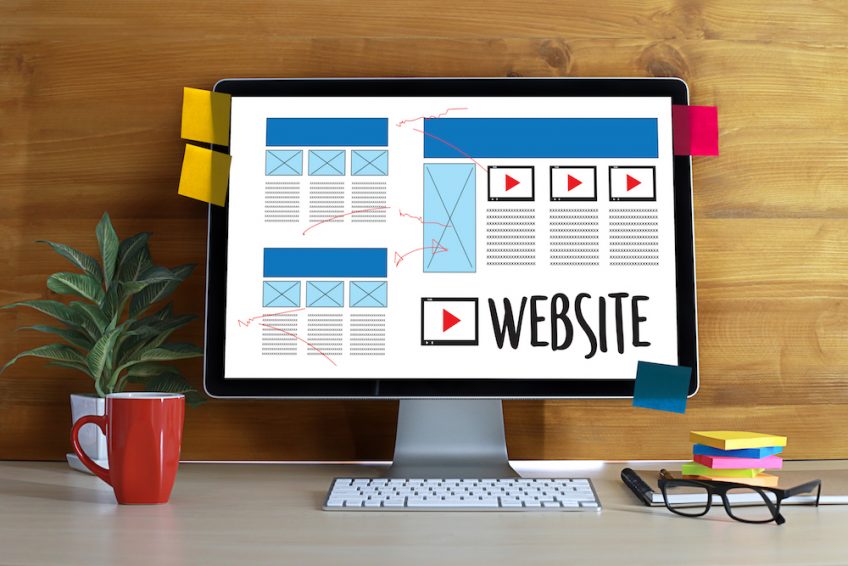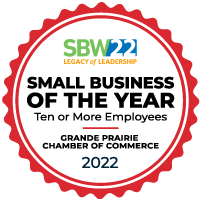So, you’re building a website. I’m guessing it’s pretty safe to say you want to get the best value possible. The best price for the best set of features, capabilities, and outcomes. But how do you actually get the best price? This article provides three indispensible tips to help you get the best price possible for your project.
How Pricing Works
Most web design agencies are professional service firms. That means that what they sell is ultimately time. Every hour they operate, they incur a wide variety of costs, from wages to rent to utilities and so on. And if they’re spending that time working for you, they need to charge for it or they’ll quickly go out of business.
If you look at it this way, the formula is simple: The more time your project takes, the more it will cost. Time is always required to do a good job, especially if you want a website that will wow your customers. What my tips focus on is how to reduce the amount of wasted time—both in your website quote and ultimately your project as it progresses.
3 Ways to Get The Best Website Price
#1: Be Organized
One of the biggest time-eaters in a project is disorganized client. Being organized and prepared for your website project is one of the most important things you can do to reduce the size of your quote and ultimately the final bill. In the context of a website project, this means:
- Be prepared
- Determine your budget for the project before getting quotes.
- Determine what you want to achieve.
- Gather all of the relevant materials you need to explain what you want (e.g. examples, current brochures/sales materials/etc.)
- Get commitment from project stakeholders before starting.
- Be on time
- Be on time for meetings and commitments.
- Get required information & materials to the agency as quickly as possible.
- Respond to messages and questions as quickly as possible.
- Be decisive
- Take charge and make decisions that stick.
- Avoid decision-by-committee, or if you can’t, keep the agency isolated from the process. Figure things out internally, and communicate final decisions through one point of contact. Nothing eats up a budget quicker than too many cooks on the pot.
#2: Be Specific About Your Needs
The #1 thing that will needlessly inflate a website quote is uncertainty.
The more accurate of a quote you want, the more detailed you’ll need to be about your requirements. If a vendor is required to provide a fixed price, but is uncertain about your needs, the price will almost always go up. The inflation is there to protect the vendor from risk: The more uncertainty in the specifications, the higher the risk of them losing money on the job. Most vendors would rather out-price themselves than be stuck in a job that’s going to lose them money.
Being specific means:
- Know what you want to achieve
- Figure out exactly what business problems you want your website to solve for you. I’m not talking about features or design here, though. I mean true end goals like generating leads (how many?), sales (how much?), improving customer satisfaction (how?), building awareness (where? who?) etc.
- Think about how you can measure your achievement of these goals, so you know what success looks like to you.
- Be ready to communicate this clearly to the agency.
- Be detailed about requirements
- If you have a specific vision for the final product, share it!
- Avoid vague specifications
- “15-30 pages of content” is too vague. Depending on the content, that could be anywhere from a few hours or a few weeks of work. Detail what kind of information will be on those pages (or better yet, provide it if you have it already.)
- Vague terms for features like a “customer login area” is also a huge can of worms. Be specific about what customers can see and do once they login. Detail it out step by step, part by part if you know what you want to achieve.
- Share your budget
- If you have a budget you need to stick to, share it! It helps frame the size of the project and what’s possible. Both sides will waste less time (and money) playing “hot and cold” to find a solution that fits.
- Involve decision-makers from day 1
- If there are key stakeholders and decision makers that need to sign off, bring them immediately into the discussion. You can waste hours detailing specs for a website, only to find a key stakeholder has a completely different vision and isn’t on board. If you’re serious about a project, all the decision makers need to be involved from the start.
- Provide examples
- If you can’t explain what you need, find an example of it. Examples can provide an indication of what’s needed for design, functionality, or both. The examples don’t need to necessarily be from your industry. But having some picture of what you want to accomplish goes a long way.
#3: Provide As Much Content Up Front As Possible
A website is nothing but a container for content. The content is what ultimately determines what your website needs in terms of features & design. Too many websites are built as empty shells with fancy graphics and nothing substantial for customers to do.
The more of the actual content you can provide to the agency before they create a quote, the more they can get a sense of what your needs are and provide an accurate quote. They can also make better recommendations about what features you need or don’t need. You may think you need a product catalog, but in truth a photo gallery (which is much simpler and cheaper) may do the job. It all depends on your content.
Now if you truly don’t have content, that’s OK too. You’ll need to have clear goals and facts about your business ready at your fingertips. A good agency can also help you develop great content.
What If I Need Help Figuring These Out?
Sometimes, you might not know exactly what you need on your website, or if you even need a website at all. That’s perfectly OK! But in this case, do expect to pay more for the agency to consult with you and make recommendations as part of the project. It will take not only time but insight, creativity and business smarts, and it’s worth every penny.
Ready to Start?
These tips apply primarily to fixed-price quotes, but can help you reduce your final bill if you are on a pay-by-the-hour agreement with your vendor as well. It boils down to reducing uncertainty (which can inflate a website quote needlessly) and wasted time—both before and during the project. If you follow these steps, and take the time to spec your website accurately, you’ll be in a much better position to succeed and lower your final bill.










